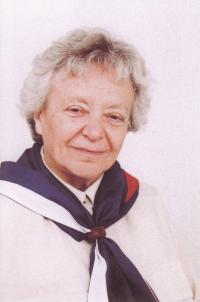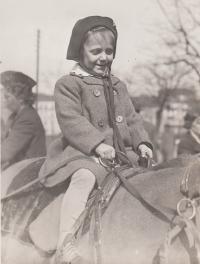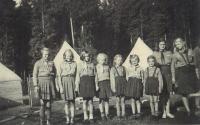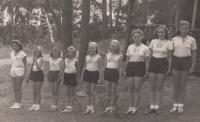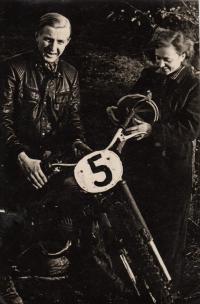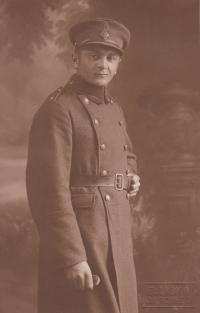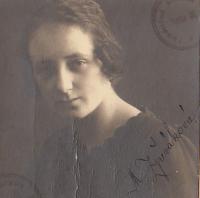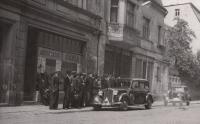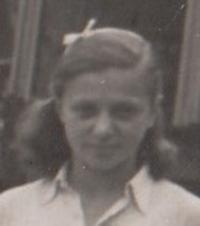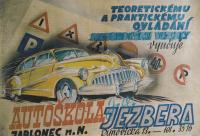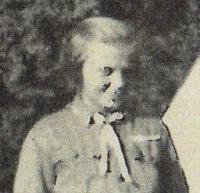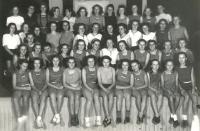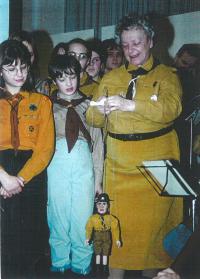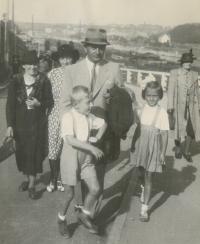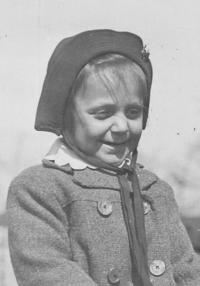Scouting gave me everything. The communiststs also took everything from me and I will never forget it

Stáhnout obrázek
Milena Janouchová, née Jezberová, was born on 15 September, 1934 in Prague. She lived in Letná throughout the whole war. Several times she was hiding from allies‘ air-raid to Prague. Almost a year at the end of war she spent with her mother and a brother in Vysoké nad Jizerou. Here she began to meet the members of Hitlerjugend and experienced the liberation by the Soviet troops. After war she moved with her family to Jablonec nad Nisou. There she joined Ymka, scouts and Sokol repeatedly. In June 1948 she participated in overall Sokol reunion. Her father opened a car driving school in Jablonec nad Nisou. The communists nationalised it and in 1960 they imprisoned him for a year in Leopold. After graduating at the gymnasium Milena wished to study languages at the high school. In 1952 the graduation commission banned her ambition. She suffered a nervous breakdown. A year later her uncle helped her apply at the new High school of Russian language and literature in Prague. She was only allowed to study distantly. She began teaching at the secondary engineering school. Since 1957 she worked in a company Autobrzdy Jablonec nad Nisou for twelve years. She has two children and is an active member of old scouting club. She elaborated a chronicle of scouting in the Jablonec region. Since the end of war she´s been living in Jablonec nad Nisou permanently.
